It’s been another week jam-packed full of freshly prepared, gourmet content on BikeRadar, but the weekend has arrived (and it’s another long one here in the UK, at that).
That means it’s time for another edition of First Look Friday, our weekly round-up of the latest and greatest swag to land at BikeRadar towers.
Before we get into that, though, let’s recap some of the week’s biggest stories and reviews.
Early in the week, we published a story looking at a prototype Pinarello XC bike being ridden by Team Ineos Grenadiers stars Tom Pidcock and Pauline Ferrand-Prevot.
Official details are scant, as things stand, but it looks as if the Italian brand is set to launch its first cross-country bike for over a decade.
Wahoo announced ‘Summit Freeride’. This new feature automatically detects upcoming climbs and works out a profile as you ride. It means you no longer need to load predetermined routes to get climb info.
Pirelli updated its highly rated P Zero Race 4S tyre to make it tubeless-ready. The clincher version is well regarded by the BikeRadar team as a tough yet fast-enough option for year-round road riding, but the addition of a tubeless casing makes sense given the direction of travel for road bike tyres.
In terms of wheels to mount them to, BikeRadar’s senior technical editor, Ashley Quinlan, published his review of ENVE’s new SES 4.5 wheelset, awarding them a near perfect score. They don’t come cheap, but it seems there’s little to be desired in terms of pure performance on the road.
Ahead of the 2023 Giro d’Italia, EF Education-EasyPost has announced its latest limited-edition kit.
This year’s design showcases Rapha’s Excess Collection, which uses leftover materials to create a patchwork design. Style is subjective, of course, but I think this is another great kit that pushes the boundaries of cycling kit design. Chapeau Rapha.
Lastly, our latest Bike of the Week was the Lapierre Prorace – a stealthy carbon XC bike with the brand’s signature triple-triangle rear end.
Trek Ballista helmet
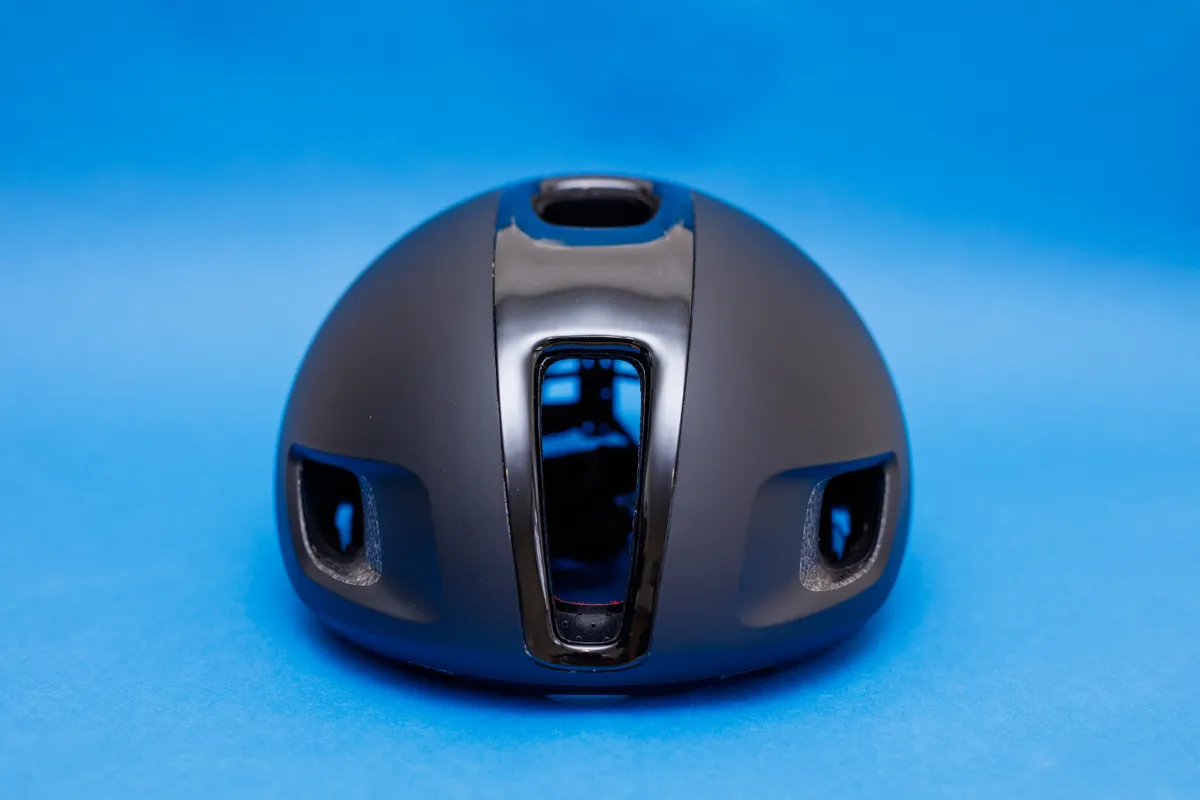
First up, we have Trek’s recently announced Ballista, a top-of-the-range aero road helmet designed for the rigours of WorldTour racing.
Replacing the previous Bontrager Ballista, the new Trek helmet sees a 10.1-watt improvement to aerodynamic efficiency at 45kph.
According to the American brand, this saving is worth “more than one bike length during a final sprint”.
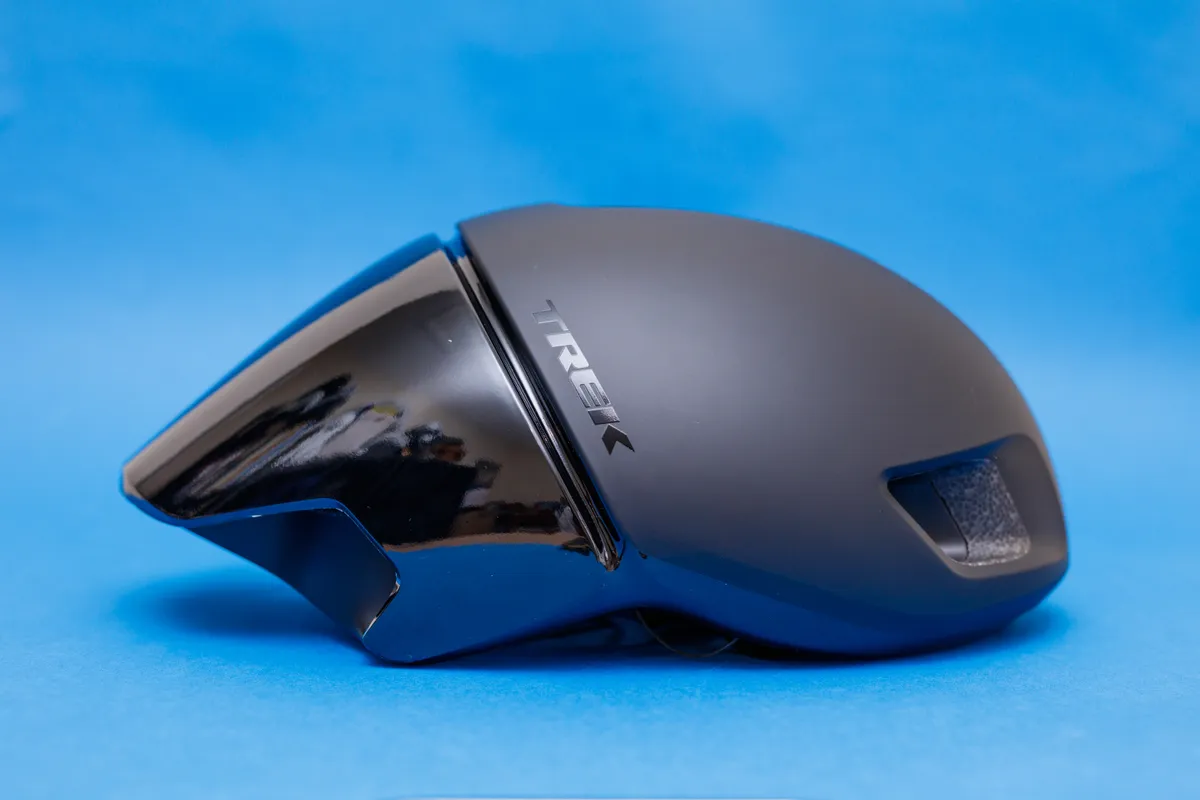
The Ballista uses an elongated, almost teardrop shape with minimal venting, designed to smooth the airflow over the rider’s head and onto their back.
There’s also a groove running horizontally across the helmet towards the rear. Trek says this is designed to trip the airflow from laminar to turbulent and reduce drag.
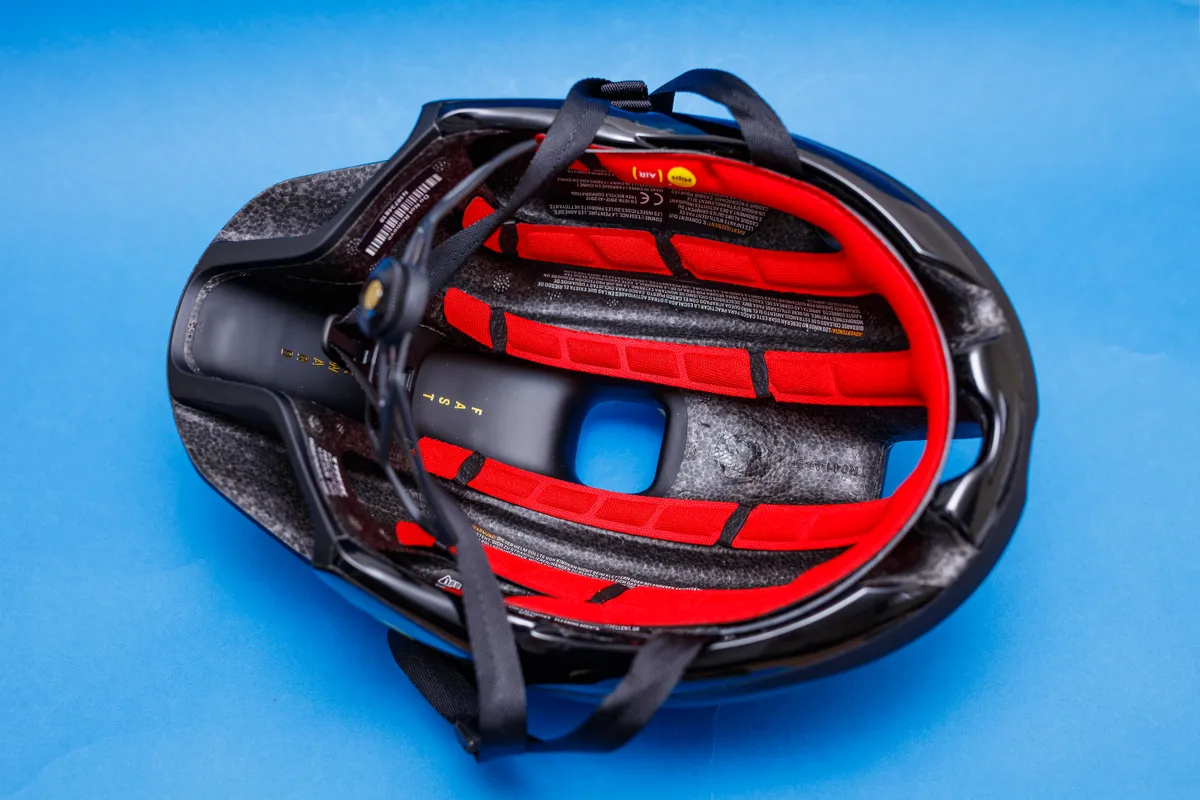
Inside, Trek includes a MIPS Air liner, which is designed to protect your brain from rotational injury in the event of a crash or accident.
At the rear, the Ballista uses a Boa dial system to adjust the cradle tension.
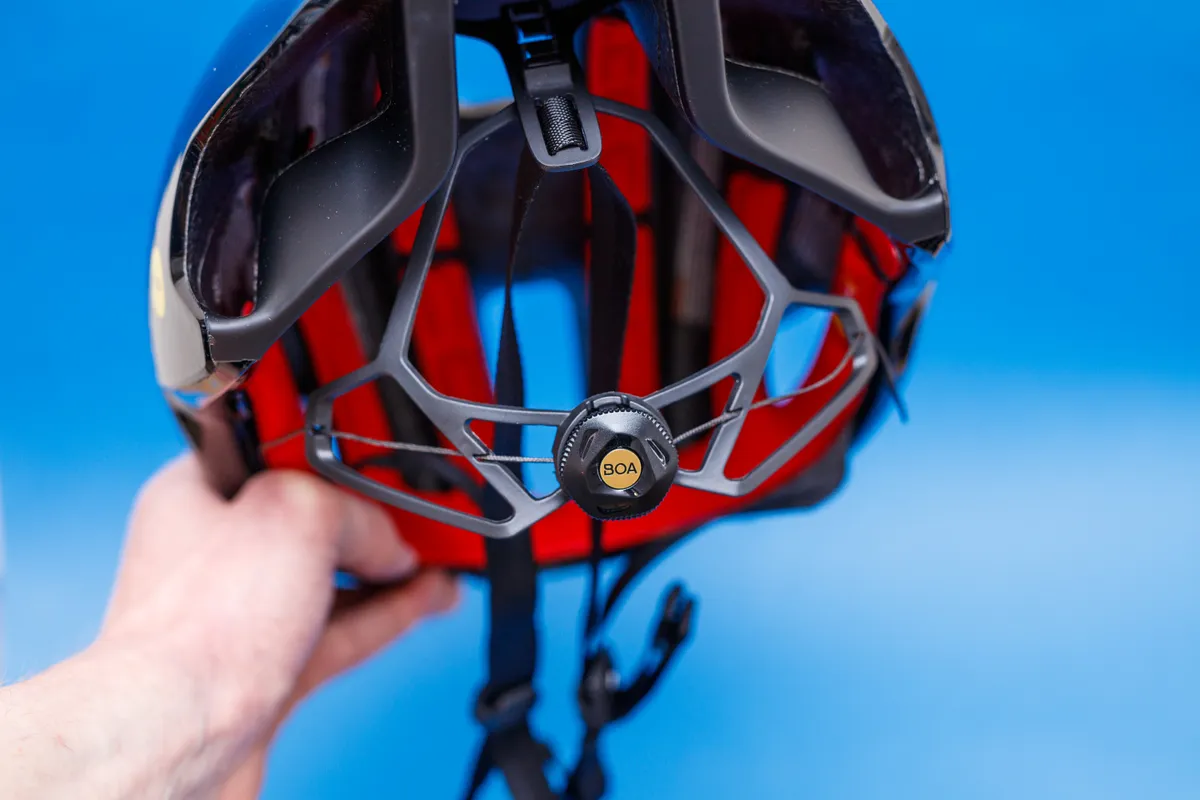
On our scales, a black size medium (54-60cm) Ballista comes in at 264g, just over 9g heavier than the 255g claimed weight (for European-spec helmets – US models have a claimed weight of 275g).
Still, though, that is competitive with many other high-end aero road helmets. Specialized’s S-Works Evade 3 (£275/$300/€330), for example, weighs 272g in the same size.
At £229.99/$299.99/€299.99, the Trek Ballista is priced to compete with other flagship aero road helmets too.
Continental GP5000 TT TR
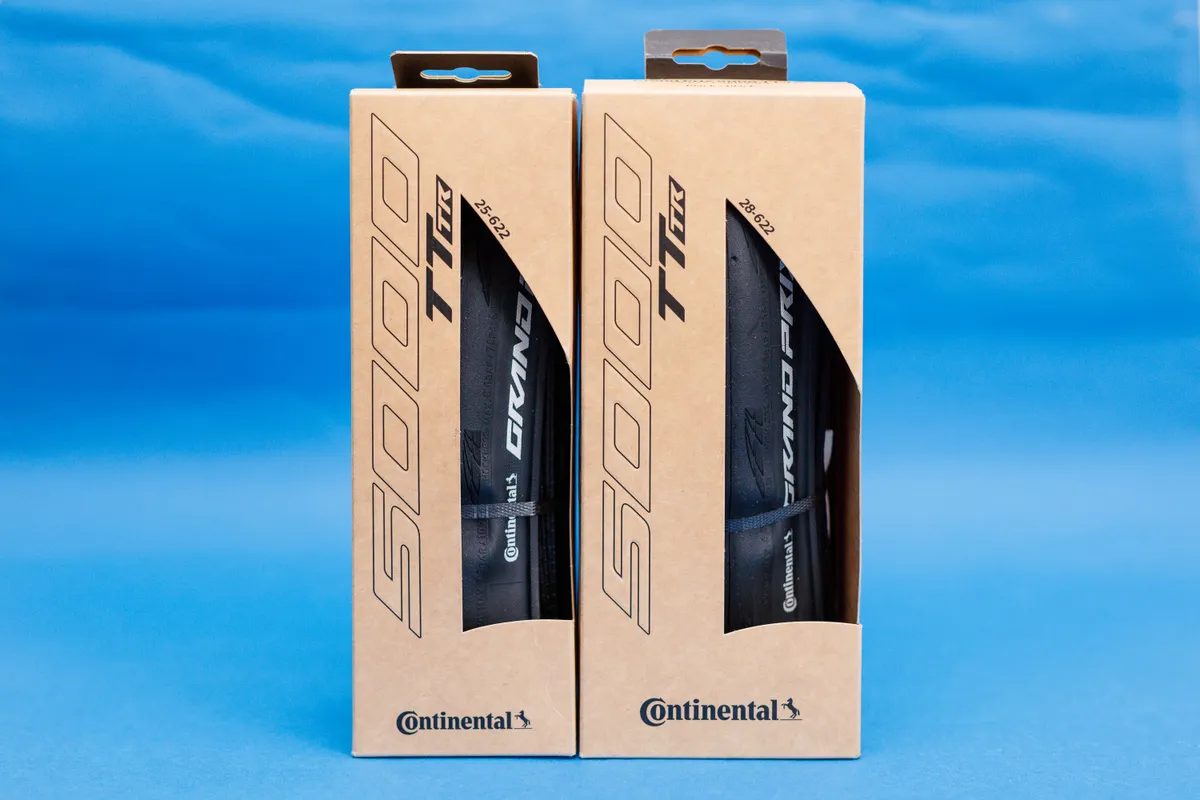
First unveiled at the 2022 Tour de France, Continental’s fastest road bike tyre, the GP5000 TT TR, is now production-ready and available to average Joes as well as pros.
According to Conti, the GP5000 TT TR uses a thinner, 2-ply casing and tread to shave off weight and reduce rolling resistance. Continental says it is the fastest road tyre it has ever produced.
Compared to the Continental GP5000 S TR (which has a 3-ply casing) – one of the best tubeless road bike tyres currently available – Conti says the TT TR version can save a rider 17 seconds over a 40km time trial.
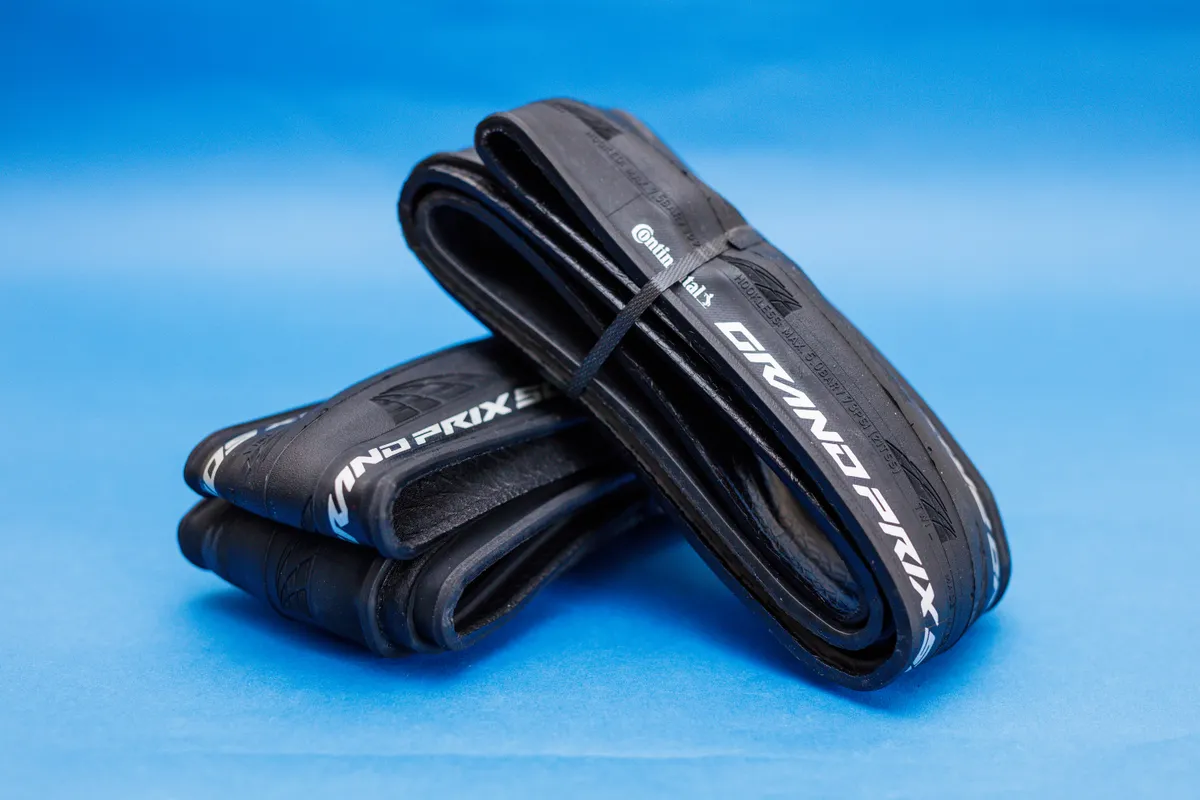
Of course, the trade-off for this improved speed will almost certainly be reduced puncture protection and durability, but these are (as the name suggests) time-trial specific tyres and that’s par for the course.
Per Conti’s recommendations, we’ve got our hands on a 700 x 25c and a 700 x 28c tyre.
When used with the narrower tyre on the front wheel and the wider one on the rear, this combination is said to provide the best balance of aerodynamic efficiency and rolling resistance.
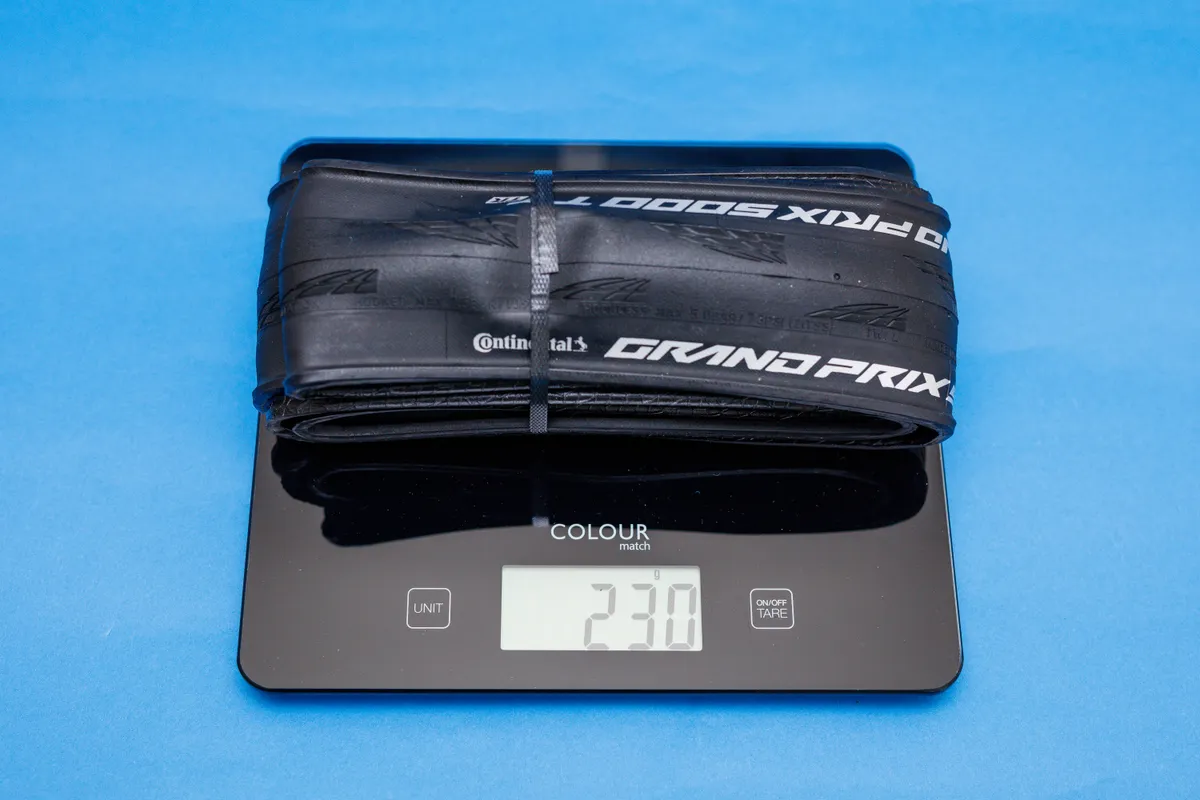
In terms of weight, our samples tip the scales at 230g (700 x 25c) and 252g (700 x 28c) each. For context, a 700 x 28c GP5000 S TR weighs 280g.
While they may be light, these tyres aren’t cheap, coming in at £95.95/$118.95/€108.95 per tyre.
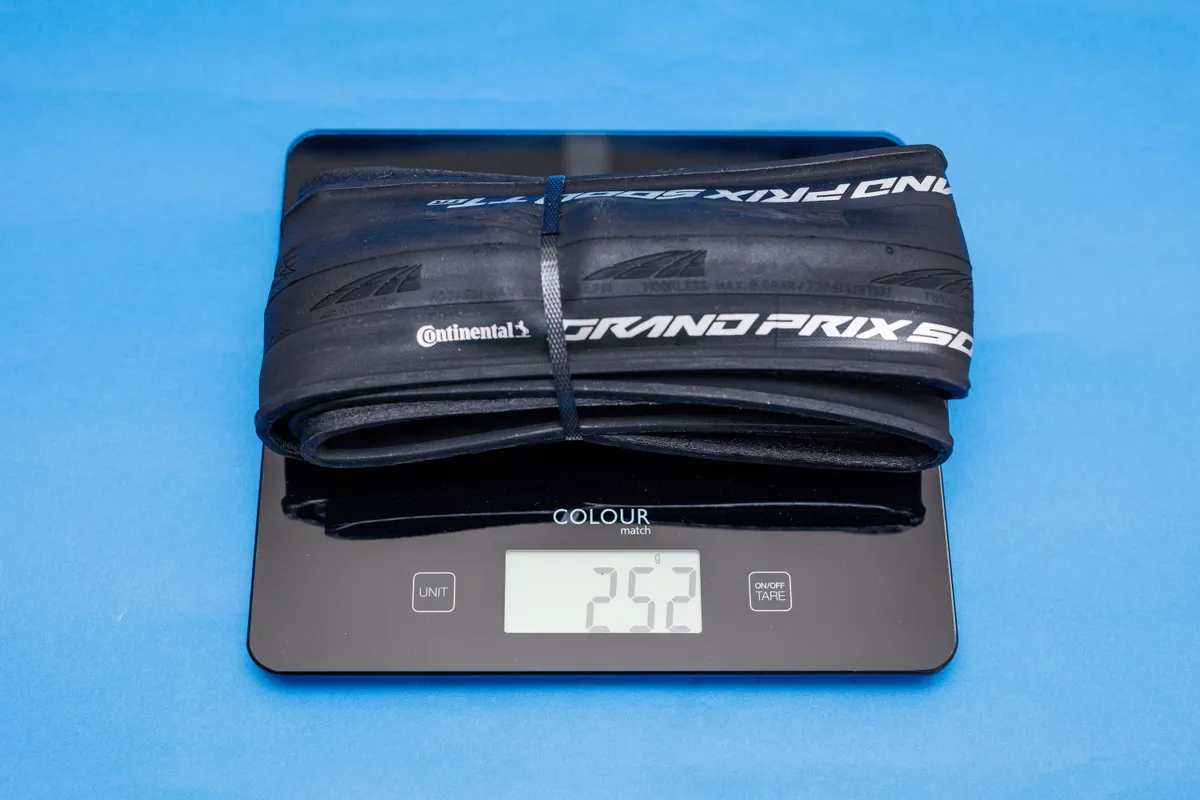
Probably not one for clocking up training miles, then, but if you’ve got a time trial bike or hill climb bike in need of some rapid rubber, these could be just the ticket.
Bont Vaypor inner soles
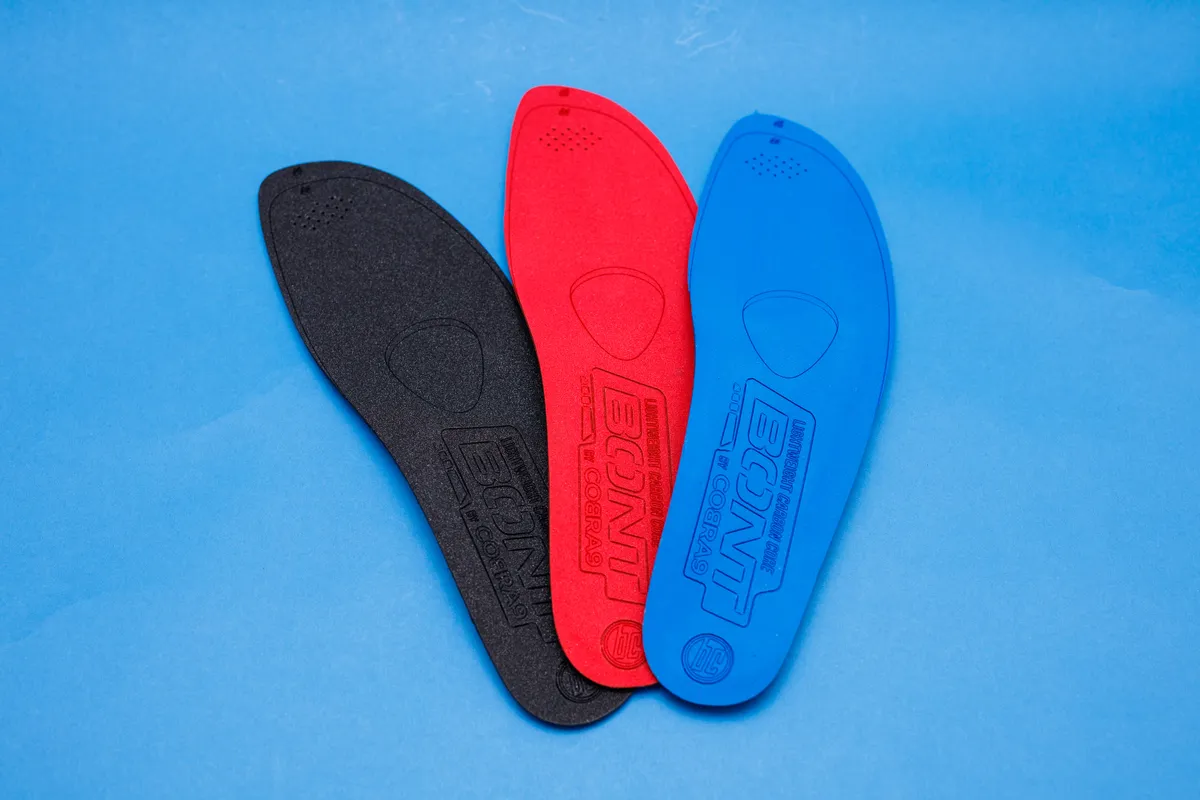
I’ve long been a fan of Bont cycling shoes, but if there’s one area where they’ve consistently disappointed it’s been the basic included inner soles.
Thankfully, Bont looks set to finally address this oversight with its new range of Vaypor inner soles.
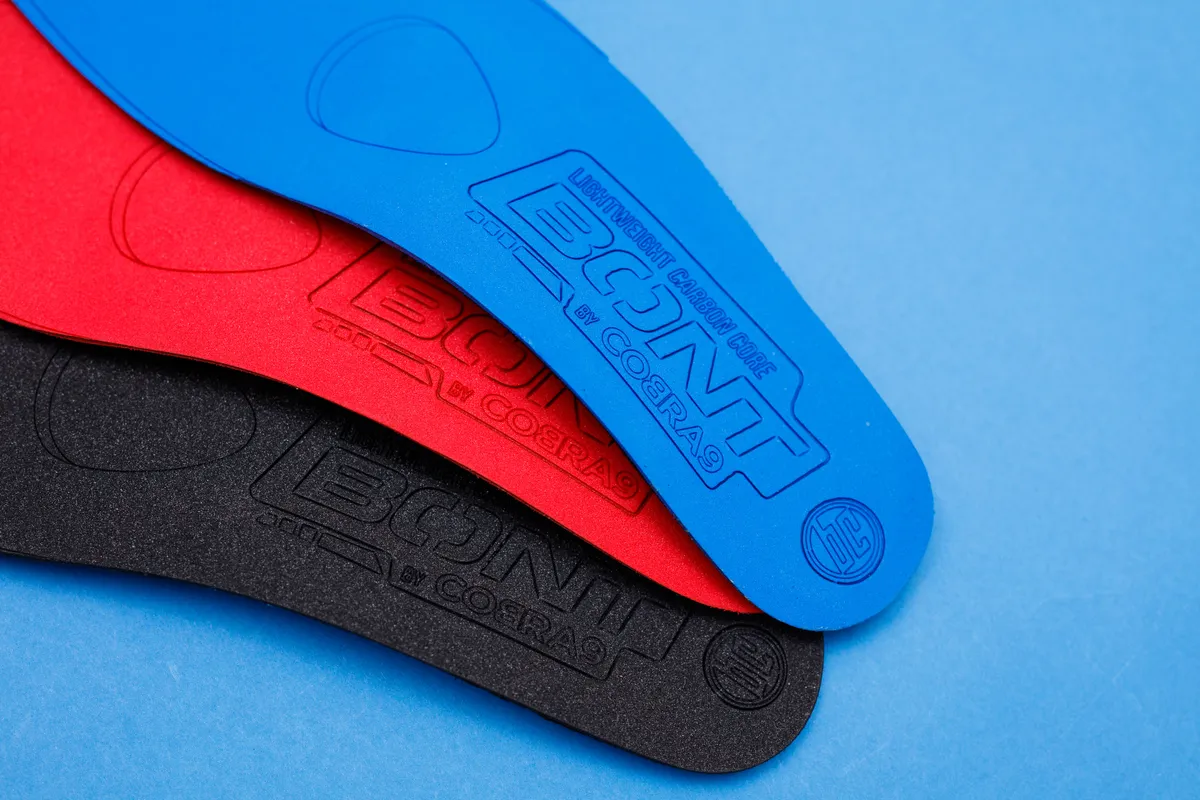
Produced in partnership with Cobra9, an Australian manufacturer of custom cycling orthotics, the Vaypor inner soles feature a carbon fibre core wrapped in dual-density EVA foam.
Three different colours are available (black, red and blue), with each offering different levels of arch support (low, medium and high, respectively).
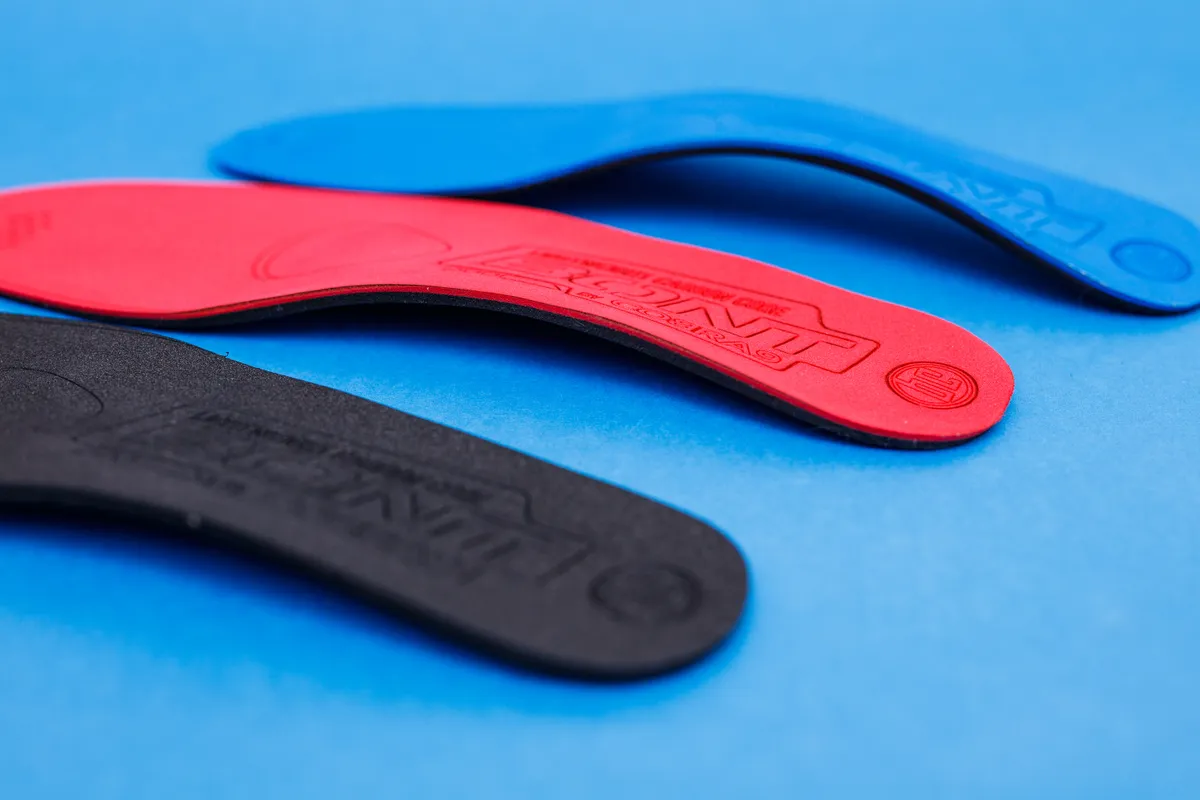
As with Bont’s cycling shoes, such as the Vaypor Classic and Zero+, the inner soles are designed to minimise stack height.
This is claimed to help improve pedalling efficiency, because there is less material between the rider’s foot and the pedal.
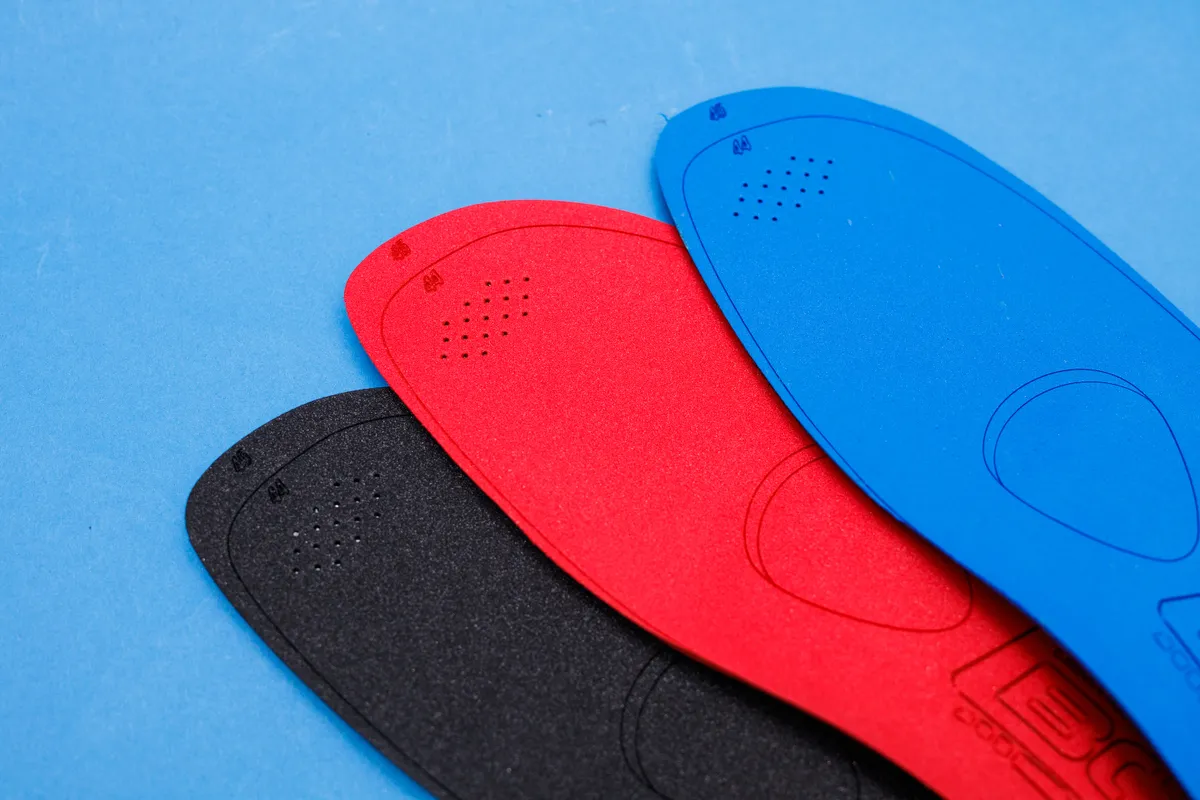
At $99.95 per set, they’re not a cheap upgrade. However, a cheaper Riot version is also available for $39.95, which loses the option to choose a different level of arch support.
Silca Aero Socks – Tall
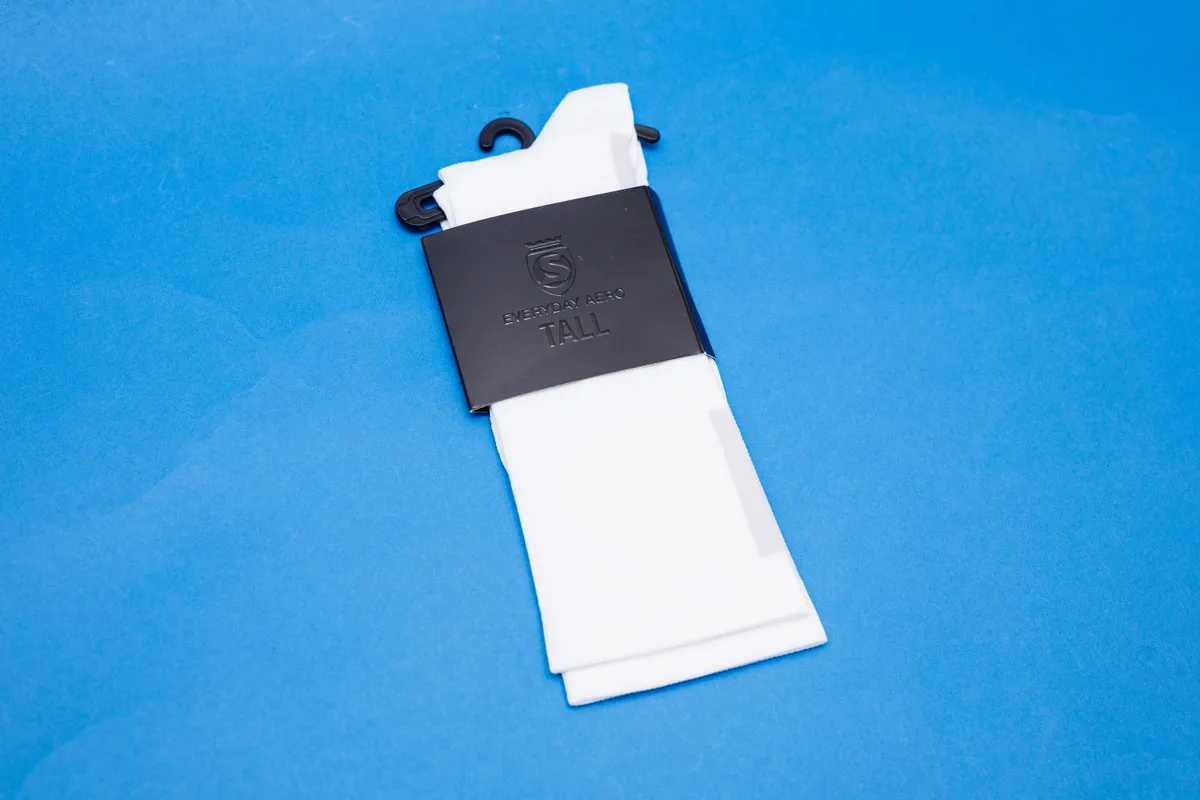
Aero socks are one of those modern cycling inventions that attract ridicule or admiring glances depending on when you wear them.
Wear them to your local time trial and almost everyone will nod approvingly, eliciting a shared sense of pride in how clever you all are.
Rolling up to your local Sunday club run in aero socks, though, risks you being the subject of the day’s jokes. Especially if either of your socks should unfortunately fall down during the ride.
Silca thinks it has the answer, though. Its aero socks are made from a traditional knitted construction, rather than the skinsuit-type materials normally used.
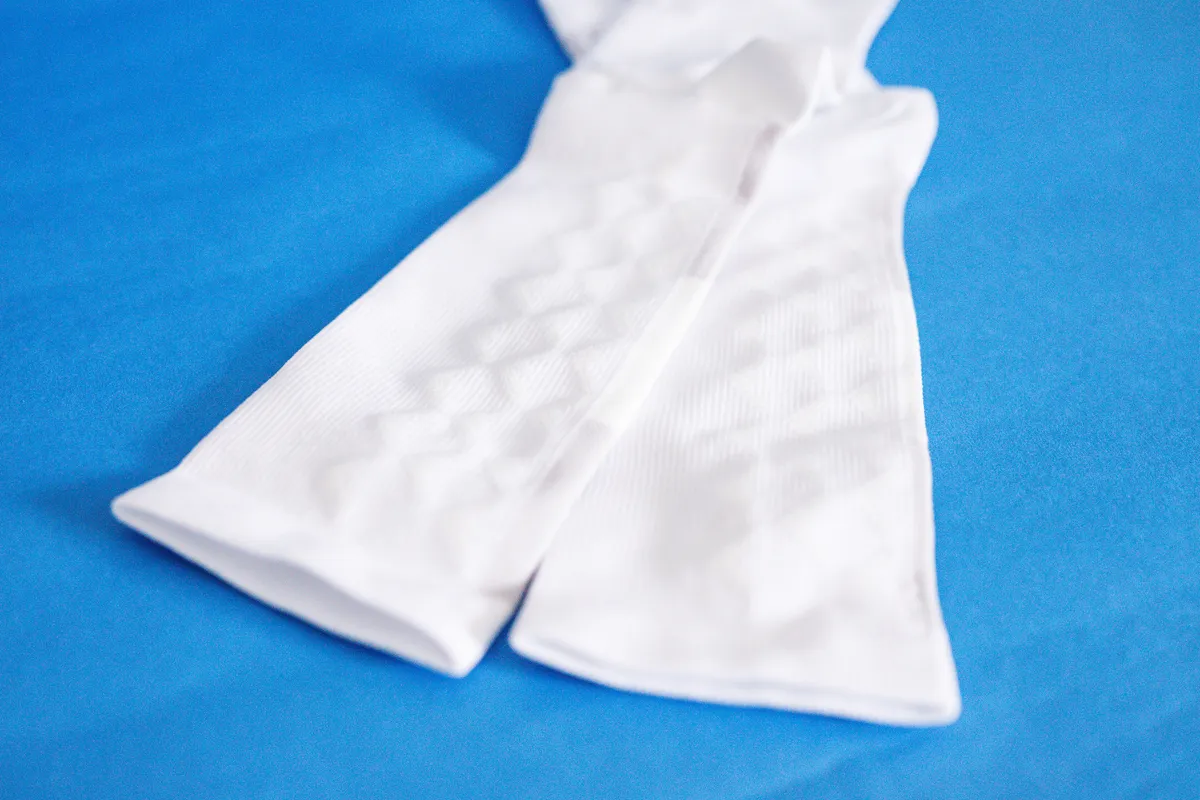
This means it can be far stretchier and, as a result, much less likely to fall down.
The socks get their aero credentials from the subtle chevron pattern on the rear, which is incorporated into the knit.
According to Silca, this can save anywhere between 5 and 8 watts at an unspecified, but likely fairly fast, speed.
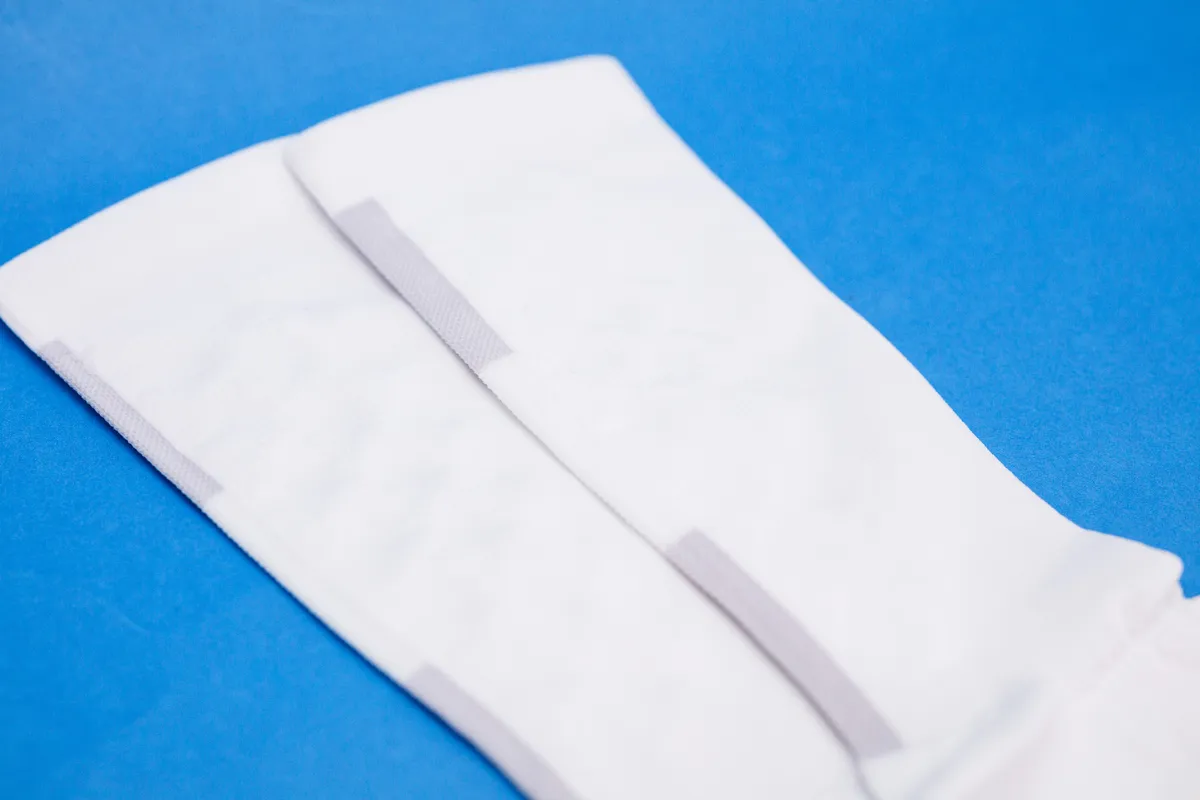
This latest ‘Tall’ version isn’t only for tall people, it’s simply a longer version of the Aero Sock.
With a cuff length of 19.5cm and six available colours, long-sock lovers will surely be thrilled.
At €36 per pair, though, you might want to save the white versions for dry days (or be ready for the Daz Doorstep Challenge).
